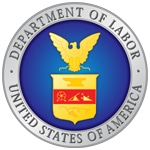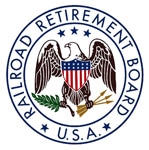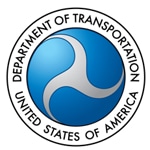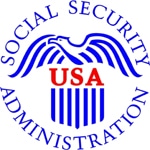
“Employees have the right to safe and healthy workplaces,” said Principal Deputy Assistant Secretary Loren Sweatt. “Any worker who believes that their employer is retaliating against them for reporting unsafe working conditions should contact OSHA immediately.”
Workers have the right to file a whistleblower complaint online with OSHA (or 1-800-321-OSHA) if they believe their employer has retaliated against them for exercising their rights under the whistleblower protection laws enforced by the agency.
OSHA’s Whistleblower Protection Program webpage provides valuable resources on worker rights, including fact sheets on whistleblower protections for employees in various industries and frequently asked questions.
OSHA enforces the whistleblower provisions of more than 20 whistleblower statutes protecting employees from retaliation for reporting violations of various workplace safety and health, airline, commercial motor carrier, consumer product, environmental, financial reform, food safety, motor vehicle safety, healthcare reform, nuclear, pipeline, public transportation agency, railroad, maritime, securities and tax laws. For more information on whistleblower protections, visit OSHA’s Whistleblower Protection Programs webpage.
Under the Occupational Safety and Health Act of 1970, employers are responsible for providing safe and healthful workplaces for their employees. OSHA’s role is to help ensure these conditions for America’s working men and women by setting and enforcing standards, and providing training, education and assistance. For more information, visit www.osha.gov.
The mission of the Department of Labor is to foster, promote and develop the welfare of the wage earners, job seekers and retirees of the United States; improve working conditions; advance opportunities for profitable employment; and assure work-related benefits and rights.
 The Coronavirus Aid, Relief, and Economic Security Act, or CARES Act, signed into law March 27, boosts unemployment and sickness benefits for railroad workers impacted by the pandemic.
The Coronavirus Aid, Relief, and Economic Security Act, or CARES Act, signed into law March 27, boosts unemployment and sickness benefits for railroad workers impacted by the pandemic. This guidance document provides clarity to DOT-regulated employers, employees, and service agents on conducting DOT drug-and-alcohol testing given concerns about the Coronavirus Disease 2019 (COVID-19). We, as a nation, are facing an unprecedented public health emergency that is straining medical resources and altering aspects of American life, including the workplace. The nation’s transportation industries, which are not immune to the impacts and disruptions resulting from the spread of COVID-19 in the United States, are playing a vital role in mitigating the effects of COVID-19.
This guidance document provides clarity to DOT-regulated employers, employees, and service agents on conducting DOT drug-and-alcohol testing given concerns about the Coronavirus Disease 2019 (COVID-19). We, as a nation, are facing an unprecedented public health emergency that is straining medical resources and altering aspects of American life, including the workplace. The nation’s transportation industries, which are not immune to the impacts and disruptions resulting from the spread of COVID-19 in the United States, are playing a vital role in mitigating the effects of COVID-19.
 All local Social Security offices will be closed to the public for in-person service starting Tuesday, March 17, 2020. This decision protects the population we serve — older Americans and people with underlying medical conditions — and our employees during the Coronavirus (COVID-19) pandemic. However, we are still able to provide critical services.
All local Social Security offices will be closed to the public for in-person service starting Tuesday, March 17, 2020. This decision protects the population we serve — older Americans and people with underlying medical conditions — and our employees during the Coronavirus (COVID-19) pandemic. However, we are still able to provide critical services.